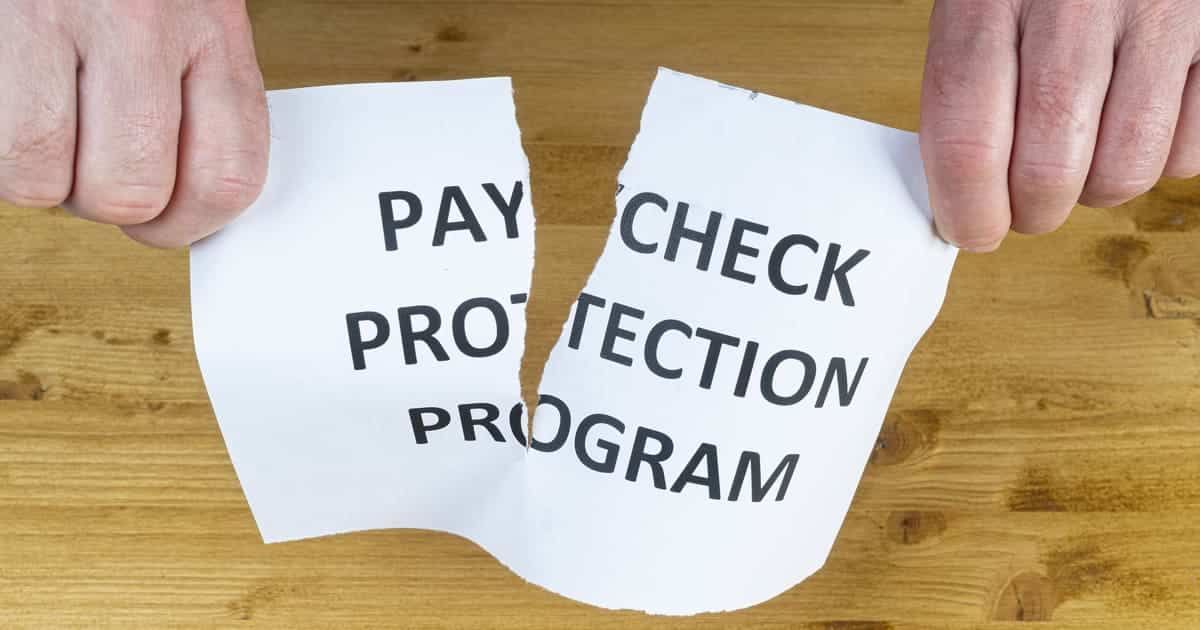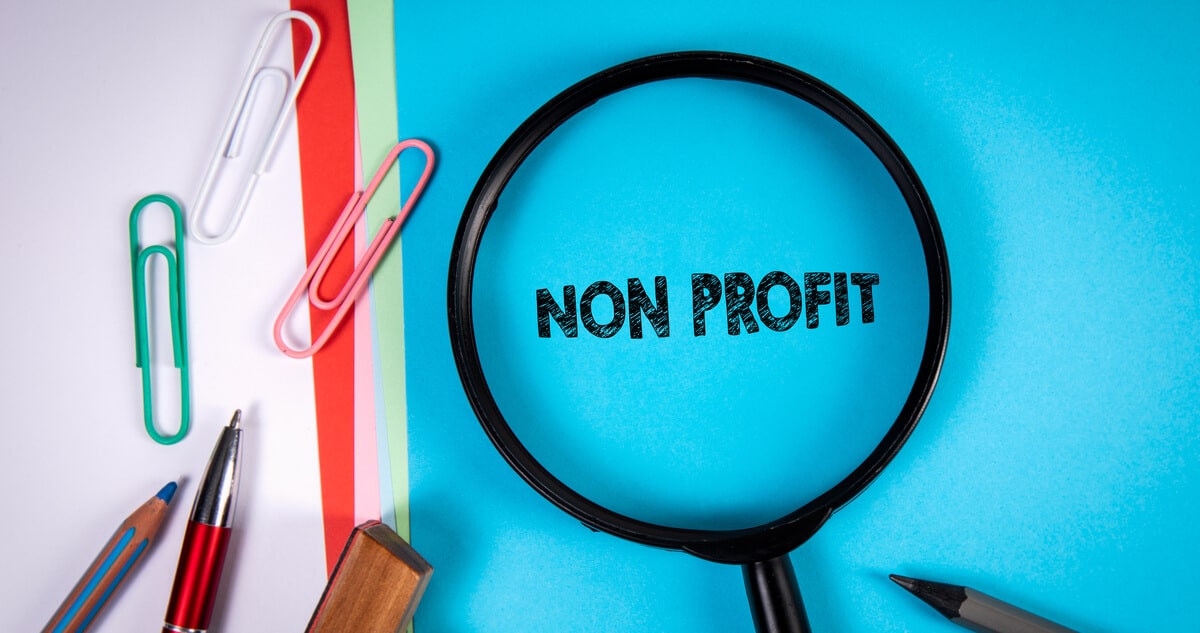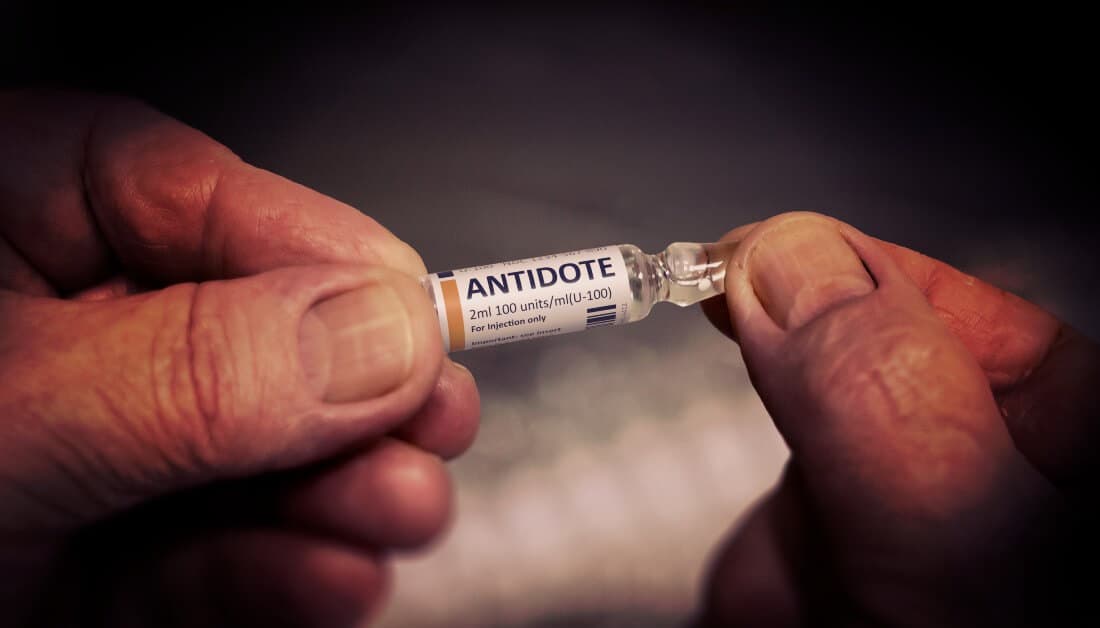TYSONS OFFICE
CORONAVIRUS RELIEF ALERT — CARES Act Alert #10: Fixes to the Payment Protection Program.

Congress Listened to PPP Loan Applicants and Recipients.
After hearing numerous questions and concerns from small businesses and nonprofits regarding the implementation of the PPP, despite SBA and the Treasury Department administrative guidance, Congress knew a change in the law would be needed. The compromise bill just passed by House and Senate is expected to be signed into law by President Donald Trump very shortly.
The legislation contains five main elements as it relates to the PPP:
1) Even though the language of the bill appears to extend the authorization of this program until the end of this year, the Chairman and Ranking Member of the Senate Small Business and Entrepreneurship Committee, along with the two authors of H.R. 7010, jointly inserted a letter of Congressional intent into the Congressional Record during Senate debate on this legislation expressing the opinion that the time to submit an application for a PPP loan still remains no later than June 30, 2020. With $148 billion in funds still available of out $659 billion appropriated by Congress, potential borrowers should make plans now to apply before the program terminates in less than a month.
2) Borrowers will now have 24 weeks after loan origination or December 31, 2020, to use the proceeds from a PPP loan, up from the current statutory limit of 8 weeks or June 30, 2020. This is a critical change because for some small businesses and nonprofits who obtained a loan during the early days of the program, they would be looking at a looming deadline to spend all their proceeds even if there continues to be little or no real work for their employees. This change gives them flexibility to spread out the loan funds over a lengthier period as the nation takes longer to recover from the COVID-19 pandemic than first expected.
3) In recognition of higher non-payroll costs for many small businesses across the United States, a borrower can now use up to 40 percent of PPP loan proceeds to pay for eligible monthly mortgage interest, rent, or utility costs and still qualify for loan forgiveness of those amounts. Previously, the SBA and Treasury interpreted the CARES Act to limit loan forgiveness for eligible non-payroll costs to 25 percent of total loan funds received.
4) Small businesses and nonprofits will not be penalized for having to compete with augmented federal unemployment benefits. If a furloughed employee declines to return to work or if recruiting efforts fail, the small business or nonprofit will not be penalized when it comes time for loan forgiveness. The small business or nonprofit, however, must be able to document the inability to rehire previous employees or hire similarly qualified employees for unfilled positions.
5) The minimum maturity date for any portion of a PPP loan that is not forgiven is now set at 5 years because the economic aftershocks of the pandemic is expected to be longer and deeper than first anticipated. Originally, the CARES Act gave the SBA the authority to set a PPP loan maturity date on the remaining unforgiven proceeds of up to 10 years, but the SBA took this flexibility and set a maturity date of just 2 years, which was not acceptable to Members of Congress.
In March, many observers thought by June, the country would be on track to returning to normal. Unfortunately, that prediction was overly optimistic, and many areas of the country are just now taking small steps to re-open.
In addition, Congress learned that for many small businesses, payroll is not their top budgetary item, and desired more flexibility in the distribution of their funds to cover rent, mortgage interest, and utilities. This problem was particularly acute for managers of small businesses and nonprofits if furloughed workers declined to return to work because their unemployment compensation (due to the extra $600 per week federal share) was higher than their pay. SBA’s COVID-19 EIDL program – a secondary source of funding for small businesses to cover non-payroll expenses not allowed by the PPP – was also not helpful to many small firms because of the SBA’s decision to (1) limit the EIDL maximum loan size to $150,000 (due to unanticipated high demand) and (2) prioritize the processing of loan applications from small agricultural firms before all others.
In response to these concerns, the final legislative hurdle was cleared Wednesday when the Senate unanimously passed the bipartisan Paycheck Protection Program Flexibility Act of 2020 (H.R. 7010) authored by Representatives Dean Phillips (MN-3rd) and Chip Roy (TX-21st)
On June 1, 2020, the Federal Register published a set of Interim Final Rules (IFRs) dealing with the PPP program, answering many common questions related to loan review procedures and loan forgiveness. In light of this new legislation, several provisions within these IFRs will have to be modified. Within the coming days and weeks, expect further administrative guidance will be issued by the SBA and Treasury.
Our CARES Act Team is available to help you navigate these difficult issues, including the unique issues faced by nonprofits, religious organizations, and churches. For assistance, please contact one of our designated attorneys: Nancy LeSourd, Matthew Szymanski, Scott Ward, or Derek Gaubatz. Our CARES Act Team also includes our non-attorney consultant Phil Eskeland. Mr. Szymanski and Mr. Eskeland bring experience from their past service, respectively, as the chief of staff and the deputy chief of staff of the Small Business Committee of the U.S. House of Representatives, including during the legislative response to 9/11.
To explain key relief for 501(c)(3) nonprofits and small businesses in the $2 trillion CARES Act (complete text) and subsequent funding laws, we published our CARES Alert #1 (Help for Small Businesses & 501(c)(3)s via the PPP); CARES Alert #2 (Get Ready to Apply); CARES Alert #3 (PPP vs EIDL), CARES Alert #4 (Treasury Guidance), CARES Alert #5 (SBA’s Interim Final Rule), CARES Alert #6 (IFR on Affiliation & Religious Nonprofits); CARES Alert #7 (FBO Guidance), CARES Alert #8 (Unemployment Benefits, including FBOs); and CARES Alert #9 (Safe Harbor Guidance – Just in the Nick of Time). To date, over $650 billion has been allocated for small entities – small businesses and 501(c)(3)s, including Faith-Based Organizations (FBOs) – with no more than 500 employees. The funding is delivered via two loan/grant programs managed by the Small Business Administration (SBA) – Paycheck Protection Program (PPP) and Economic Injury Disaster Loan (EIDL) – with the vast majority via the PPP. To govern these programs, the SBA, in connection with the Treasury, has issued several rounds of rules and advice, some of which has been ambiguous or conflicting. This CARES Act Alert #10 focuses on the new changes to the PPP as finalized and passed by Congress.




